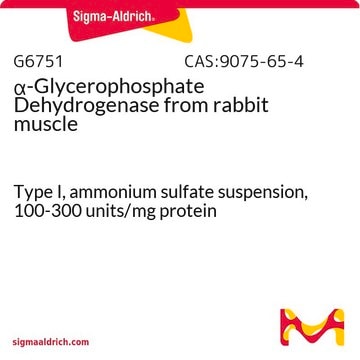A4470
Monoclonal Anti-Adenovirus 2 E1A (Adenovirus 2 early region 1) antibody produced in mouse
1.0 mg/mL, clone M73, purified immunoglobulin, buffered aqueous solution
About This Item
Prodotti consigliati
Origine biologica
mouse
Livello qualitativo
Coniugato
unconjugated
Forma dell’anticorpo
purified immunoglobulin
Tipo di anticorpo
primary antibodies
Clone
M73, monoclonal
Forma fisica
buffered aqueous solution
PM
antigen 30-50 kDa (3 bands)
Reattività contro le specie
viral
Concentrazione
1.0 mg/mL
tecniche
immunoprecipitation (IP): 1-2 μg/mL using whole extract of HEK 293 cells
indirect immunofluorescence: 2-5 μg/mL
Isotipo
IgG2a
Condizioni di spedizione
dry ice
Temperatura di conservazione
−20°C
modifica post-traduzionali bersaglio
unmodified
Descrizione generale
Immunogeno
Applicazioni
Stato fisico
Esclusione di responsabilità
Not finding the right product?
Try our Motore di ricerca dei prodotti.
Codice della classe di stoccaggio
13 - Non Combustible Solids
Classe di pericolosità dell'acqua (WGK)
WGK 1
Punto d’infiammabilità (°F)
Not applicable
Punto d’infiammabilità (°C)
Not applicable
Certificati d'analisi (COA)
Cerca il Certificati d'analisi (COA) digitando il numero di lotto/batch corrispondente. I numeri di lotto o di batch sono stampati sull'etichetta dei prodotti dopo la parola ‘Lotto’ o ‘Batch’.
Possiedi già questo prodotto?
I documenti relativi ai prodotti acquistati recentemente sono disponibili nell’Archivio dei documenti.
Il team dei nostri ricercatori vanta grande esperienza in tutte le aree della ricerca quali Life Science, scienza dei materiali, sintesi chimica, cromatografia, discipline analitiche, ecc..
Contatta l'Assistenza Tecnica.





